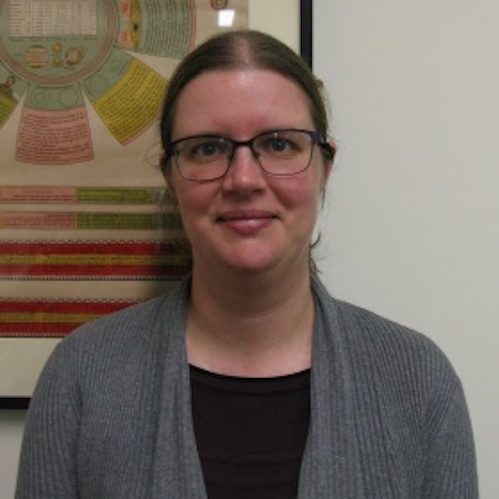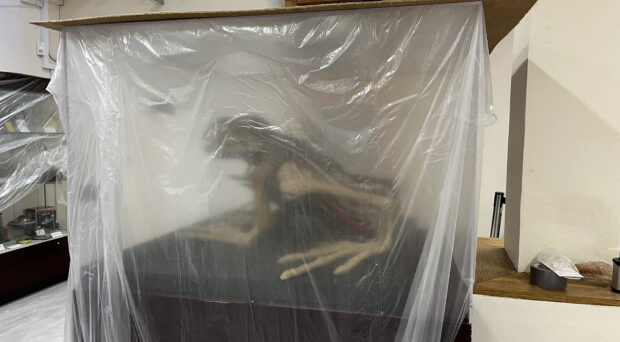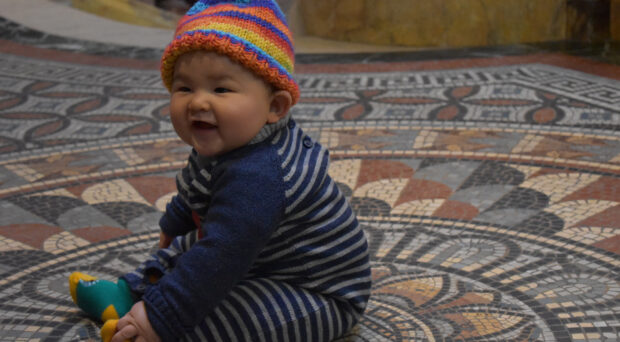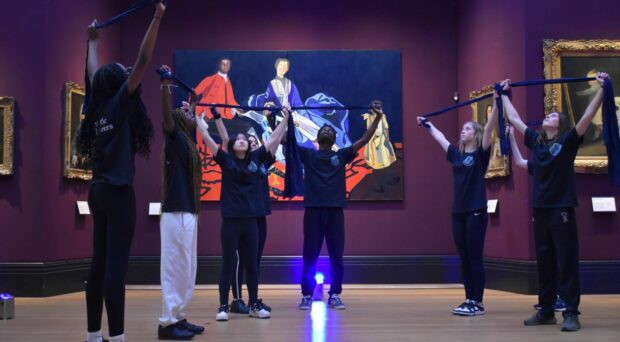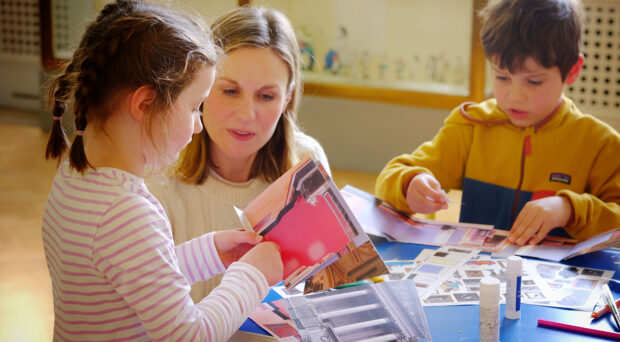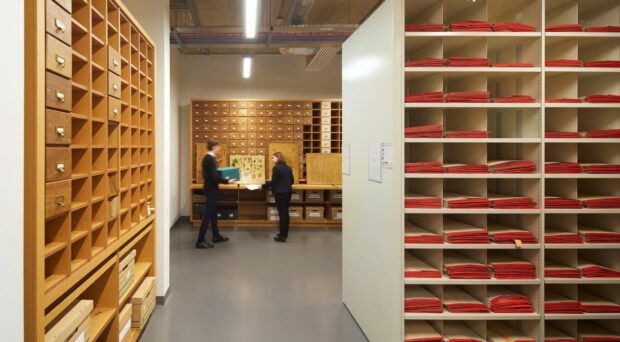Science is often considered to be objective, just about “facts”. However, scientists are people and the way they see the world is affected by the ideas around them. At the Whipple Museum of the History of Science, we wanted to create a schools session that puts science in context and explores the darker side of the history of science in the British Empire.
Our learning project came out of the excellent work done through the Legacies of Empire and Enslavement project, which included a report by Meg Roberts which looked specifically at our collections. The report identified a range of key areas for further exploration, including phrenology, race science, navigational science and the use of science for education.
As a result of the Legacies project, we had developed partnerships with other museums, leading to a series of Power Walks organized by Communities Coordinator Ruchika Gurung and the development of the Uncomfortable Science tour with Uncomfortable Cambridge. By creating a new learning session, we wanted to ensure that the work we had done through Legacies of Empire and Enslavement remained a permanent part of our programme rather than a short-term project; continuing to help people to explore the links between Empire and the history of science, and to acknowledge the impact that scientific racism has had, and continues to have, today. This was part of a cross-museum project which involved input from the University of Cambridge Museums’ learning teams and support from Legacies Schools Coordinator, Shereese Peters-Valton.
Based in the Whipple Museum and using objects wherever possible, we chose a range of items to tell stories of Empire which were engaging for the intended audience of 14-16-year-olds, including:
- Darwin’s microscope, this was used to talk about Darwin’s attitude to people from different places and particularly about the three Yaghan people, El’leparu, O’run-del’lico and Yok’cushly, who were travelling on the Beagle with him until they were dropped off at their home in Tierra del Fuego
- A replica phrenological head showing areas of the head which were believed to be responsible for areas such as “domestic propensities”
- A jigsaw globe created in 1875 when it was used to teach European children about the world through stereotypical images of each continent. This is the first object in the museum’s collection which we have explicitly labelled as racist and this has allowed for rich conversations both with school groups and with participants in Museum Remix, who have created a range of responses to the object.
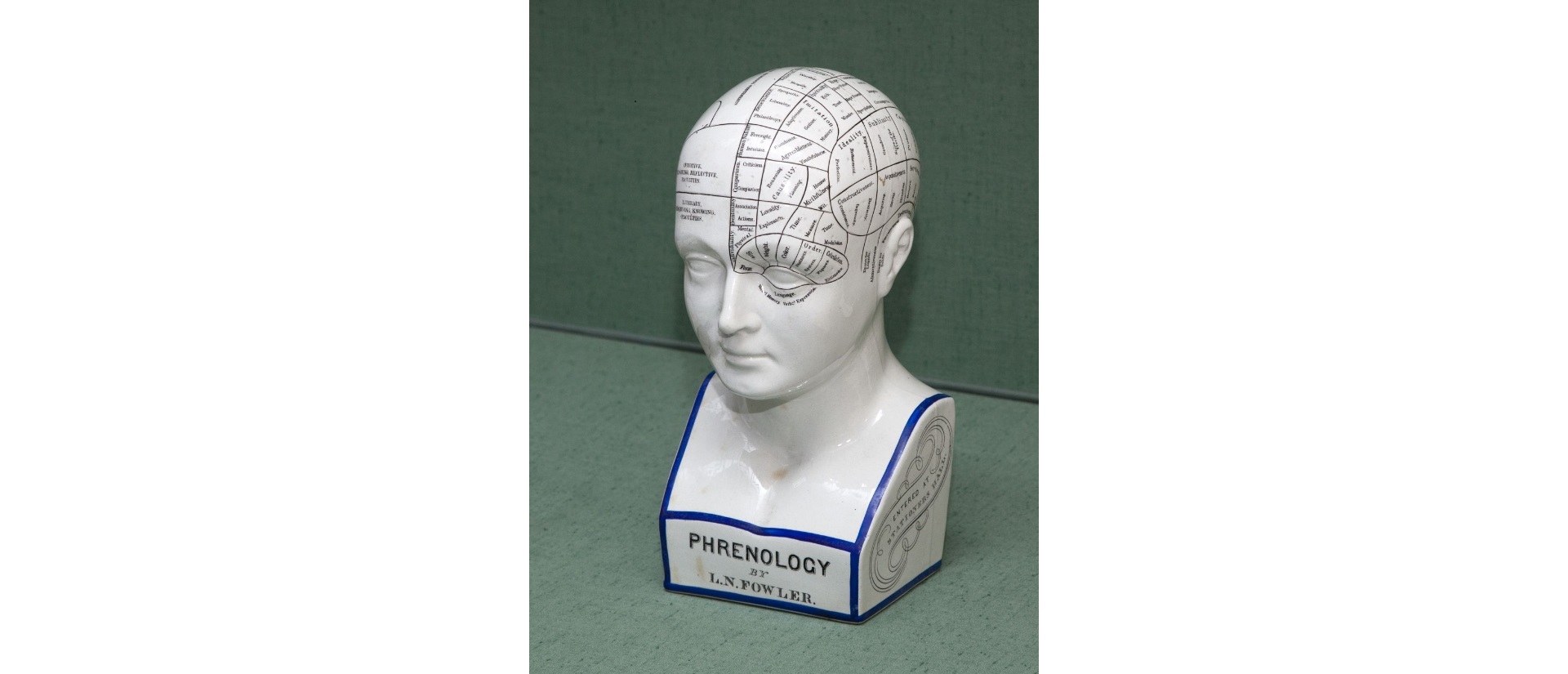
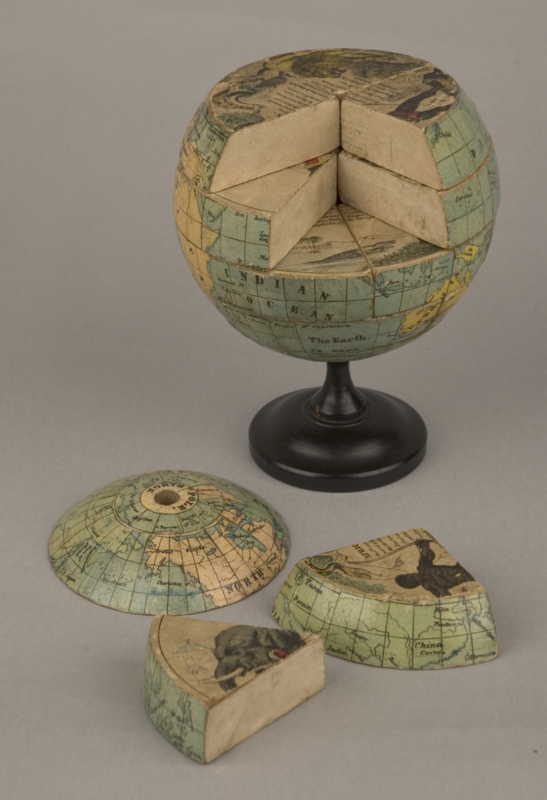
The main challenge in any project such as this, is to use the material appropriately without either ignoring complexities or making things too traumatic – these are controversial issues and difficult stories. Students are given plenty of time to think and know that they can step out of the session for a while if they need to. We have also chosen stories which have some relevance – O’run-del’lico was the same age as most of the students who come to the sessions.
The session took a year to develop and, like all our sessions, it will continue to be changed and improved in response to feedback from groups. Throughout this project we have found that:
- There is an appetite for finding the hidden histories of science- for example, a group of secondary science PGCE students were keen to find out more about different stories and to help pupils to think about science in a different way.
- Getting people thinking has really been the aim of the project, with one participant in a power walk commenting that “I think this more nuanced and rounded way of looking at history will be good training for the children as they develop in their education and learning.”
- Things don’t have to be complicated to have a big impact – one of our biggest talking points has been a globe set with South at the top. There’s no reason why South shouldn’t be at the top, but the discomfort that people feel when they see it is a great way of showing why it can be hard to change scientific thinking.
The session will continue to be offered as part of our learning programme, both as a schools session and for adult groups. We are still working with Uncomfortable Cambridge, with tours available through them and at events such as the Cambridge Festival, and we hope to run more Power Walks in the future as well.

